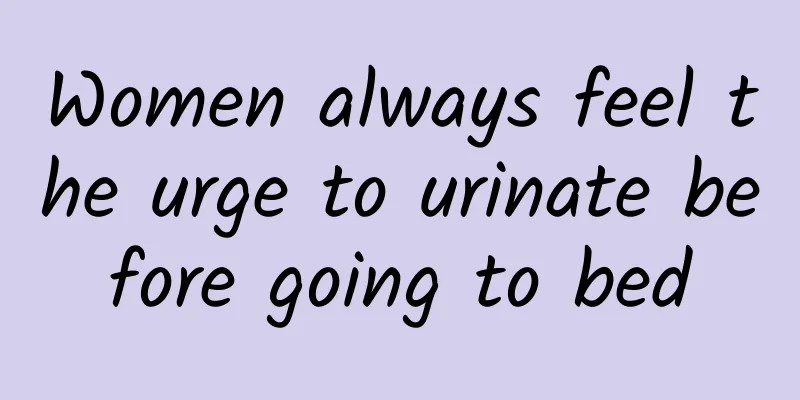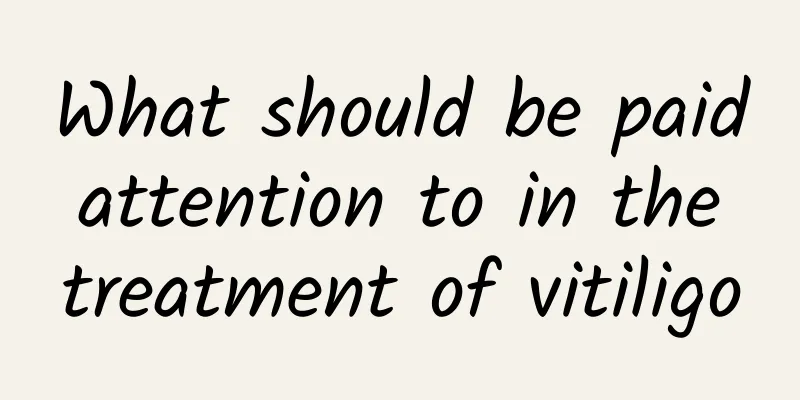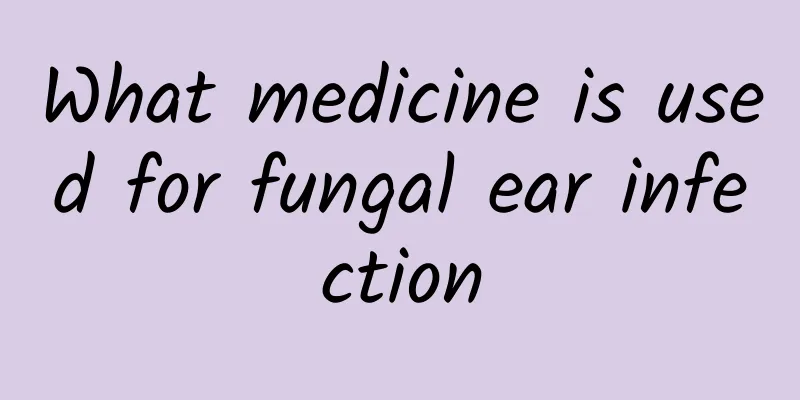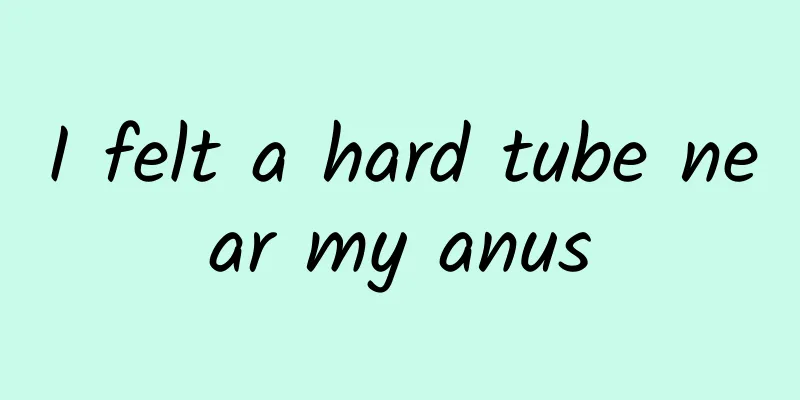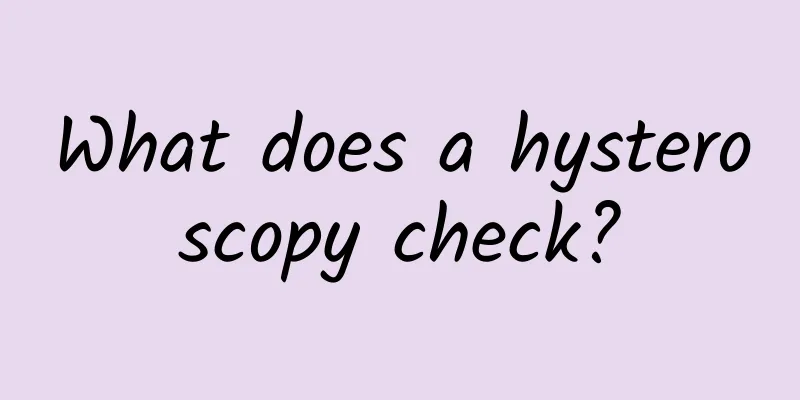Acupuncture to replenish qi and blood

|
Acupuncture is a traditional treatment method in my country. This method of stimulating and regulating the acupuncture points on the human body is also unique in Chinese medicine. After thousands of years of development, acupuncture has become more and more mature. It is a treatment method that is different from conventional pharmacology, and this treatment method is also deeply loved by people. Acupuncture has the effects of opening up meridians, strengthening the spleen and stomach, but does it also have the effect of replenishing qi and blood? Lung Qi Deficiency: Main symptoms: shortness of breath, spontaneous sweating, easy to catch cold, pale face and tongue. Treatment principle: Nourish the lungs and replenish qi Acupoints: Taiyuan, Feishu, and Taixi; (Taiyuan, Feishu, Hegu, and Zhongfu are all important acupoints for replenishing qi on the lung meridian. Taiyuan mainly replenishes lung qi and nourishes lung yin, Hegu replenishes lung qi and regulates intestinal qi, Zhongfu replenishes lung qi and is better at expanding the chest and regulating lung qi, Feishu purely replenishes lung qi and less regulates qi. Taixi replenishes kidney qi and nourishes kidney yin. The purpose of taking Taixi is because lung qi is rooted in the kidney.) Spleen deficiency: Main symptoms: decreased appetite, stomach discomfort after eating, easy fatigue, loose stools, and yellow face. Treatment principle: Strengthen the spleen and replenish qi Acupoints: Zusanli, Yinlingquan, and Hegu; (Zusanli is the most important acupoint for strengthening the spleen and stomach. It is good at replenishing the intestines, stomach, and spleen deficiency, and is not suitable for diarrhea. Yinlingquan is good at strengthening the spleen, treating blood syndrome, removing dampness, and clearing the water channels in the lower abdomen, so it is often used to reduce swelling and lose weight. Hegu and Qihai have similar functions and are good at replenishing the qi of the whole body.) Of course, if accompanied by loose stools, moxibustion on Pishu can be added, because Pishu is good at purely replenishing the spleen. Deficiency of heart blood: Main symptoms: palpitations, frequent dreams, pale complexion and pale tongue Treatment principle: nourish blood and calm the mind Acupoints: Shenmen, Xinshu, Sanyinjiao (Shenmen is the original acupoint of the heart meridian, good at calming the mind, can be tonified or drained. To tonify, it can tonify the heart qi, and drain it can clear the heart fire. Xinshu is mostly used to tonify the heart qi and blood, and should not be drained. Sanyinjiao is an acupoint of the spleen meridian, but it is a traffic thoroughfare for the liver meridian, kidney meridian, and spleen meridian, so it is very good at nourishing blood, replenishing blood, activating blood circulation, and can nourish and treat yin syndromes throughout the body. Symptoms such as yin deficiency and hyperactivity of fire can all be treated with it.) Liver blood deficiency: dizziness, restlessness, tinnitus, women have less menstruation or amenorrhea, pale complexion Treatment principle: tonify blood and nourish the liver Acupoints: Sanyinjiao, Ququan, Ganshu, Jianshi (Sanyinjiao is used again, and it must be used for all blood diseases! Blood diseases generally involve the spleen meridian Contraindications of acupuncture: 1. Do not acupuncture skin infections, ulcers, scars, and tumors. 2. When acupuncture is performed in the eye area, chest and back, kidney area, neck, abdomen of patients with gastric ulcer, intestinal adhesion, intestinal obstruction, and pubic symphysis area of patients with urinary retention, the depth and angle should be controlled. Direct puncture is prohibited to prevent accidental injury to important organs. 3. Acupuncture does have excellent therapeutic effects on certain diseases, but it is not a panacea. Especially for the treatment of some acute and serious diseases, comprehensive treatment should be adopted in a timely manner according to the situation, which can be more beneficial to the patient and give full play to the role of acupuncture. 4. Needles are generally not left in children because they are uncooperative. It is forbidden to give needles to the fontanelle, Fengfu and Yamen acupoints of infants and young children. 5. Patients with bleeding diseases, or those who often have spontaneous bleeding and have difficulty stopping bleeding after injury should not be treated with acupuncture. 6. Acupuncture should not be performed on those who are too tired, highly stressed, or hungry. Acupuncture should be performed on the elderly and weak infirm in the supine position as much as possible, with fewer acupoints selected and gentle manipulation. 7. Pregnant women should not be subjected to too vigorous acupuncture. Acupuncture is prohibited on the abdomen, lumbar sacral area, and acupoints that can cause uterine contractions, such as Hegu, Sanyinjiao, Kunlun, and Zhiyin. |
<<: Urinary stone pain medication
>>: Contraindications of cupping therapy
Recommend
Mountain Herbs Pictures and Names
What are the common Chinese herbal medicines on t...
What medicine can men take to last longer?
For men, if impotence and premature ejaculation o...
What to do if a child has mulberry inflammation
Babies often have inflammation due to colds or ph...
Dengue vaccine
Dengue fever is an infectious disease caused by t...
Dark eye bags indicate something is wrong with your body
The skin around the eyes is very fragile and sens...
What causes typhoid fever? How to treat it?
The fog, dew, rain and humidity in spring and aut...
What are the symptoms of kidney failure?
Poor kidney function is quite harmful to human he...
What diseases do white spots on nails indicate?
I don’t know if you have noticed that sometimes s...
What is the treatment for stomach pain?
Abdominal pain is a common symptom of disease in ...
What are the functions of ear reflexology zones?
We know that acupoints are a very important part ...
What to do if you have frequent urination due to cold
Frequent urination is an abnormal physiological p...
What to do if there are lumps under the armpits due to breast swelling
For women who are breastfeeding, breast engorgeme...
Eczema on the body
The symptom of eczema is mainly caused by the fac...
How to tell if you are pregnant
In life, there are many women who are pregnant bu...
What is the correct way to soak Dendrobium in water?
Dendrobium is a natural plant Chinese medicine wi...

